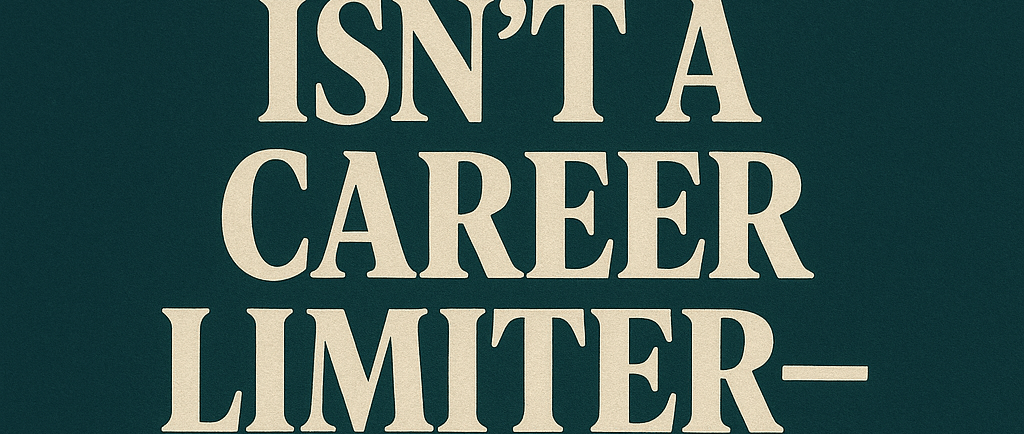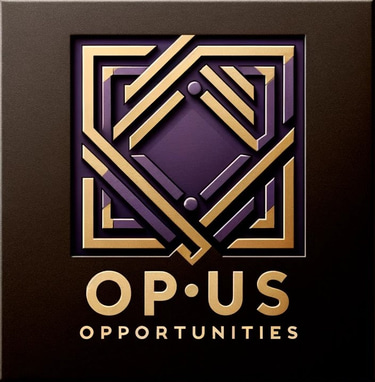Self-Respect Isn’t a Career Limiter—It’s a Standard
Blog post description.
Kamy Charles
7/25/20251 min read


Reclaiming your voice in environments that expect silence
In high-performing environments, silence can be seductive.
The quiet achiever gets praised for being “low maintenance.”
The agreeable colleague is called a “team player.”
The one who doesn’t speak up? Often the one who gets left behind.
But when did professionalism start meaning self-abandonment?
The Cost of Playing Small
Many talented professionals—especially women, BIPOC, and LGBTQ+ folks—are subtly conditioned to suppress their self-respect in the name of being seen as cooperative or promotable.
They stay in meetings longer than necessary.
They accept feedback that’s more personal than professional.
They carry extra workload with a smile—and no recognition.
And over time, what begins as “flexibility” becomes erasure.
Self-Respect Is Strategy
Choosing self-respect isn’t about being difficult. It’s about being intentional. It means:
Saying no without apology
Pushing back when it matters
Asking questions that make the room uncomfortable—but better
Walking away when alignment is impossible
These aren’t career risks—they’re career anchors.
Because self-respect gives you something no title can: direction.
The Promotion Myth
If you've been told “you’re too direct,” or “not easy enough to manage,” ask yourself:
👉 Are they critiquing your style—or your boundaries?
👉 Is this culture truly collaborative—or just convenient for those in power?
You weren’t hired to be silent. You were hired to lead.
Final Thought:
Self-respect isn’t the opposite of success—it’s what keeps success sustainable.
And in a world constantly asking you to compromise, holding your standard is the most courageous move you can make.
